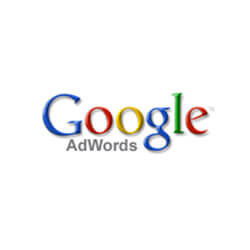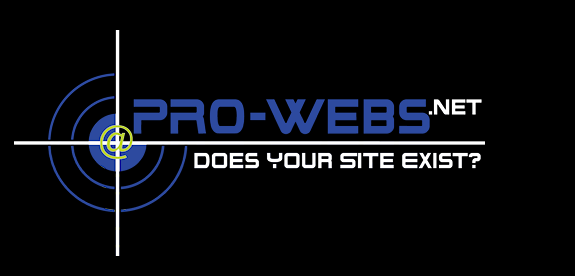
On 5/14/2009 Google announced a policy change regarding the use of trademarked keywords are Ad text. In this new policy Adwords advertisers will be permitted to use “some” trademark keywords in their PPC Ads.
Under the old Google policy, a website that sold trademark brands may have been restricted (censored) in its ability to able to use the actual brands they sell in their ad text for Adwords campaigns. Under the new Adwords policy, advertisers can create specific Ads for each of the trademark brands that they sell.
There are some catches however, as outlined in Google’s US Trademark Policy. Google policy permits use of the trademark in the ad text in the following circumstances:
- Ads which use the term in a descriptive or generic way, and not in reference to the trademark owner or the goods or services corresponding to the trademark term.
- Ads which use the trademark in a nominative manner to refer to the trademark or its owner, specifically:
- Resale of the trademarked goods or services: The advertiser’s site must sell (or clearly facilitate the sale of) the goods or services corresponding to a trademark term. The landing page of the ad must clearly demonstrate that a user is able to purchase the goods or services corresponding to a trademark from the advertiser.
- Sale of components, replacement parts or compatible products corresponding to a trademark: The advertiser’s site must sell (or clearly facilitate the sale of) the components, replacement parts or compatible products relating to the goods or services of the trademark. The advertiser’s landing page must clearly demonstrate that a user is able to purchase the components, parts or compatible products corresponding to the trademark term from the advertiser.
- Informational sites: The primary purpose of the advertiser’s site must be to provide non-competitive and informative details about the goods or services corresponding to the trademark term. Additionally, the advertiser may not sell or facilitate the sale of the goods or services of a competitor of the trademark owner.
Understand, this is no golden key to trademark use…. As trademark owners can still contact Google to request they honor their mark and inevitably bring suit against trademark infringement as they see it. Remember, policy or not, you are responsible for the content of your Ad… Google makes this very clear.
Google’s new Search Based Keyword Tool (google.com/sktool/). To use this new tool you will enter your website or domain name at the site and either choose specific phrases or not… and Go. Google will then display keyword phrases INCLUDING possibly trademark phrases and a link to the likely landing page candidate as well. Worth noting that this tool is designed specifically for Adwords advertisers and if the site you are querying is not associated with your Adwords account you get limited data… But still very helpful data.
The data from Google’s search based keyword tools is a very robust tool. In the dashboard you have the ability to limit results by country, language and even currency. Then your queries are matched against your website’s content using previous search data. You can even query blindly across all categories and their searched terms.
What is the Search-based Keyword Tool?
Important note: We can’t guarantee that these keyword suggestions will improve your campaign performance. Additionally, we reserve the right to disapprove any keywords you add to your campaigns. You’re responsible for the keywords you select and for ensuring that your use of the keywords doesn’t violate any applicable laws or our Terms of Service.
The Search-based Keyword Tool generates keyword and landing page ideas highly relevant and specific to your website. In doing so, the tool helps you identify additional advertising opportunities that aren’t currently being used in your AdWords ad campaigns. The tool goes one step further by tailoring the keywords and other data (such as the amount of competition for the keyword, the suggested bid, and more) based on your language or country/territory settings.
Based on your URLs, the Search-based Keyword Tool displays a list of relevant user queries that have occurred on Google.com (and on other Google search properties, such as google.co.uk) with some frequency over the past year; these suggestions can be found under the Keywords tab, in the New keywords related to (site) section. In the Keywords related to your search section, you can see a broad list of keyword ideas that are also relevant, but aren’t necessarily based on your site.
The keywords are also organized by category. Click any category to expand and view its subcategories. If applicable, you’ll also see the keywords organized by brand names.
Important note: We can’t guarantee that these keyword suggestions will improve your campaign performance. Additionally, we reserve the right to disapprove any keywords you add to your campaigns. You’re responsible for the keywords you select and for ensuring that your use of the keywords doesn’t violate any applicable laws or our Terms of Service.
Just like any other tool, its only as good as the data and there are always other opportunities. The best application of this tool, in my opinion, is the ability to clearly see where people are landing on your website for specific terms. This landing page can then be improved and more correctly targeted on a per query basis. Improving the target landing page content will obviously improve your rank, but most importantly people landing their will get the object of their search query as well.
